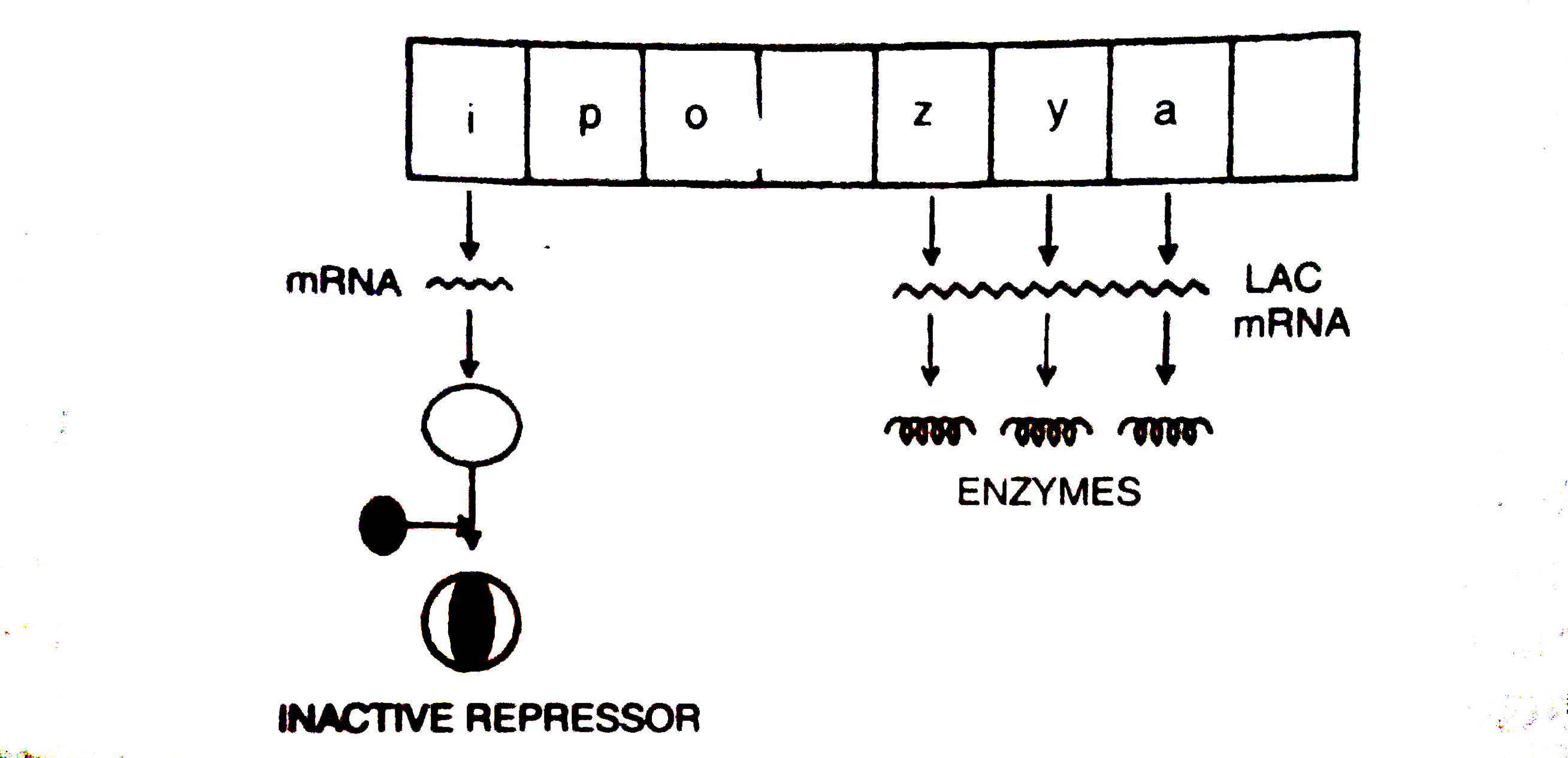Z Questions
Posted : admin On 3/25/2022The Z-test for a proportion Sample proportions are sample means, and thus approximately normally distributed. If we have n trials, each with probability p of success, then ^p is approximately normally distributed with mean p and SD p pq=n. Test H0: p = p0 with Z = p^ p0 p p0(1 p0)=n; and reject at significance level =:05 if jZj1:96. What fictional character is known for slashing the letter 'Z' in things with his rapier sword?
MORE ABOUT iGEN
Constructed response quiz questions (Raz-Plus, Raz-Kids, and Science A-Z) give students the opportunity to type a short-answer response to a question. These questions promote close reading and critical thinking skills, and strengthen the reading-writing connection. Not That EZ 10 questions. Average, 10 Qns, zorbascank, Feb 23 12. But not that hard either.
Make your Next Virtual Meeting, Conference, or Online Event a Resounding Success!
As President of CGK, Jason Dorsey combines our extensive generational research, unique insights, and practical solutions with his trademark interactive presentation style. Every week, he’s delivering interactive virtual keynotes, VIP
 0 comments
0 comments
Z Transform Questions
Gen Z Are Not “Millennials 2.0”
How Gen Z uses the internet is different from all other generations Brands must be responsive to what Gen Z cares about Gen Z will share their personal data, but
 0 comments
0 comments
Everything from Activism to Benefits, and the Coronavirus Will Define Gen Z
The racial justice protests will be a defining moment for Gen Z The coronavirus is having a profound impact on older Gen Z, more than any other generation The importance
0 commentsTOP 10 GEN Z QUESTIONS ANSWERED
What is the name for the generation born after Millennials: Gen Z, iGen, Centennials, or something else?
Generation names often change as a generation comes of age and different characteristics or events come to define them. Often, what a generation is called early on is not what ends up sticking. For example, Generation Y morphed into Millennials, yet it’s the exact same generation. At The Center for Generational Kinetics, we call the generation after Millennials 'Gen Z.” Other popular names for this fast-emerging generation are iGen and Centennials. This corresponds with our research defining them as cloud natives rather than digital natives; their world is “iEverything,” with a lowercase “i.” It will be interesting to see which name sticks as the generation emerges.
Get the latest Generation Z national research statistics and findings here.
What are the birth years for Gen Z (aka “the generation after Millennials”)?
At The Center, we define the birth years for Gen Z as being 1996 to the present. The reason that Gen Z definitively starts at 1996—and not 2000, as many people (often non-researchers) claim—is that the last, most important defining moment for Millennials was September 11, 2001. Those born from 1996 onward do not remember September 11, 2001. If you don’t remember 9/11, then you are NOT a Millennial, but a member of the generation after Millennials: Gen Z. Yes, we are pretty passionate about this answer, because the question is so often answered incorrectly.
How large is Gen Z?
There are currently over 23 million Gen Z in the United States. Within the next five years, they will become the fastest-growing generation in both the workplace and the marketplace.
What are the most defining characteristics of Gen Z?
As members of Gen Z are still largely kids and adolescents, many of their adult characteristics are yet to be vetted. Early indications are that they are increasingly self-aware, self-reliant, innovative and goal-oriented. They also appear to be more pragmatic than their Millennial predecessors, but we’ll have to wait and see if that plays out as they become employees, consumers, investors, and voters.
One key difference from Millennials: Most members of Gen Z don’t remember a time before social media. As a result, they tend to live much more of their entire lives—from interacting with friends and family to making major purchases—online and via their smartphones. This could have profound implications for everything from their relationships and how they learn to virtual reality training and problem-solving.
Z Equations
What are three things about Gen Z that most people don’t know?
Gen Z are highly educated. It’s likely that a larger percentage of Gen Z will attend and graduate from college than any previous generation, including the Millennials. Gen Z is also adept at web-based research and often self-educates with online sources such as YouTube and Pinterest. They can learn complex things like how to upgrade your computer’s operating system the same way they can learn how to bake a vegan apple pie: one video at a time. They still possess general knowledge about traditional research methods, but they have come of age placing a priority on how fast you can find the right information rather than on whether or not you know the right information.
Gen Z wants to make a difference in the world. A large portion of the generation would prefer to have a job that makes a positive impact in some way, and a large portion of them volunteers. However, it’s unclear what impact school-based volunteer requirements are having on volunteer rates among iGen. What we do know is that an overwhelming majority of Gen Z are eco-conscious and concerned about humanity’s impact on the environment. We also know that they want to make a decent living with a stable employer. This practical aspect of financial prudence and wanting to help people could lead to longer-term differentiation from Millennials.
Gen Z are more diverse than Millennials. This is a big deal and is often overlooked. The tremendous diversity that Gen Z brings as employees, consumers and entrepreneurs will have a profound impact across generations and cultures. Brands and employers will have to learn how to see the world through the diverse eyes of Gen Z if they want to win their loyalty.
Which mobile apps does Gen Z favor most?
While Millennials and Gen Z still favor Facebook in terms of total usage, Gen Z views Facebook as being for “older generations.” As Gen Z gets more digital freedom, they appear to prefer more peer-to-peer social media and messaging apps, such as Snapchat and Instagram. They might even have an anonymous or fake Instagram account so they can share their experiences without fear of online reputation repercussions. In fact, a recent study showed that nearly 25% of 13- to 17-year-olds left Facebook this year! This shows a trend toward apps that are more instantaneous, use less personal information and are more visually appealing to users.
What will Gen Z be like as employees in the workplace?
To say that this generation will be hooked to their smartphones at work is an understatement. Gen Z’s future supervisors and managers will have to know that leaving their cell phone at home—or even leaving it in a drawer—is simply not an option for this new generation. One area that we’re exploring at The Center for Generational Kinetics is whether or not their pragmatism carries over into how they approach work. Will they accept lower-paying jobs to get a foothold in a career or hold out hope for something better to come along? One thing we do know is that teenage summer employment is at historically low rates, so early job experience is not taking shape for Gen Z the way it once did—even compared to Millennials.
What are some of the defining moments of the Gen Z generation?
Given that Gen Z are about age 20 and under, their defining moments are still happening! Key things that we know have affected them as a generation include the Great Recession impacting their parents, student loan debt becoming a crisis in America, the Affordable Care Act becoming law, growing up with an African-American US president, gay marriage becoming legal, medical marijuana becoming legal in many states and the fact that there have “always” been twentysomething entrepreneurs who are billionaires. In addition, social media has always existed for them, Baby Boomers are their grandparents rather than their parents, and they think Millennials are old.
Who are the parents of iGen and Gen Z?
Z Test Questions
The parents of Gen Z are primarily Generation X and Millennials. This marks a huge shift in the behaviors we expect to see as they grow up. While Baby Boomers were known for being helicopter parents and raising their kids with an approach often summarized as “We want it to be easier for our kids than it was for us,” we believe Generation X and Millennials will raise their kids with more of a “figure it out” approach. Of course, only time will reveal the true parenting approaches of Generation X and Millennials, but we are confident that the outcome will be very different than what Millennials experienced from their Baby Boomer parents. We also know that Baby Boomer grandparents will likely do everything they can to continue to make life easier for their iGen grandkids!
Will Gen Z really be that different from Millennials?
Yes! Gen Z is being raised differently than Millennials were, which should have some pronounced effects on their views and approach to being employees, customers, and citizens. Gen Z also has a different experience with technology than Millennials, which will affect every area of their life—from healthcare and dating to education and shopping. What is most interesting is that what worked for Millennials does not seem to be working as well with iGen, and this creates tremendous challenges and opportunities for organizations of all sizes and in all industries. The key differentiator between failure and success is getting accurate data about iGen early so leaders can adapt. The Center specializes in Gen Z research that provides marketers, executives, and employers with new strategies and research-based tactics to make the most of this emerging generation.

The differences and similarities between iGen and Millennials will be expressed over time, but the one thing we know is that we’ll have more data on Gen Z than on any generation in history!
A+ Questions
- A. Answer:Do you answer texts quickly?
- B. Balloons:How many is 'too many' balloons?
- C. Call:Call a random person or friend. Tell them wonderful things.
- D. Dislike:What are two things you dislike doing?
- E. Earth:Do you like helping the environment?
- F. Fun:What are four things you do for fun?
- G. Gaming:What are some video games you have played?
- H. Handwriting:Post a picture of your handwriting?
- I. Internal:What are 5 things you like about yourself?
- J. Joke:Tell us a joke.
- K. Kid:What did you want to be when you were little?
- L. Like:What are three things you like doing?
- M. Making:When was the last time you crafted something?
- N. News:Tell us 3 good things that have happened this week.
- O. Okay:For those who are feeling down, tell them why it's going to be okay.
- P. People:Name 2 important people in your life.
- Q. Quiet:Do you enjoy a quiet or loud environment?
- R. Reasons:Do you think there is a reason behind everything?
- S. Sea:Do you like the beaches or the mountains?
- T. Time:How do you spend your time these days?
- U. Unconditional:What are 5 things that you search for in a partner?
- V. Vacation:Where did you go last for vacation?
- W. Weird:What are three weird things that you have noticed other people do?
- X. XOXO:When was the last time you wrote a meaningful letter to someone?
- Y. You:What are you doing tomorrow? What did you do today?
- Z. Zero:What is something you don't have, but want?